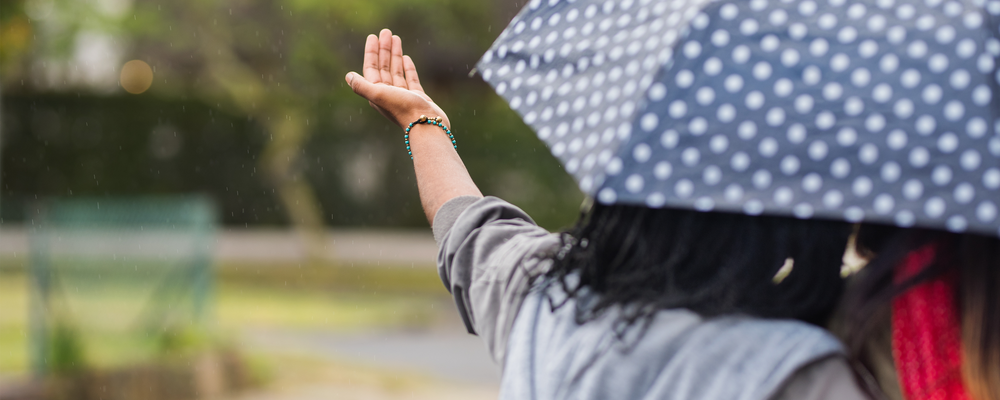“Our hope is that we can come up with at least a small part of the answer, to help bring about a better life for women who were maltreated in their childhood,” says Hrafnhildur Gunnarsdóttir, researcher in care sciences at University of Gothenburg and University West, and project manager for AWARE (A study of Women Abused as children, Resilience and life Experiences).
A significant proportion of people who are abused in childhood become well-adjusted adults despite their adversities. In other words, they show resilience. Existing research on how resilience develops has largely focused on its emergence during childhood, while research on what helps to create and enhance this resilience in adulthoods is limited.
“Since girls and women are overrepresented as victims of intrafamilial violence, it’s important to understand resilience in adult women. That’s why we chose to study women specifically in this study,” Gunnarsdóttir says.
Inner process
The study, published in the journal Frontiers in Public Health, comprised interviews with 22 women in Sweden who had experienced abuse or neglect in childhood. The results showed that they described the sense of living not only surviving as adults, despite being severely abused as children, as something dynamic, a constantly ongoing process.
It consisted, the women said, of an internal process that was closely intertwined with their overall life situation and social relationships, and contained four dimensions. These were, first, establishing and maintaining control of their own lives; second, using their personal resources; third, surrounding themselves with people who were valuable to them; and, fourth, reaching acceptance.
Examples of the dimension concerning control in the women’s lives are their strategic choices in terms of getting an education, building a family, and selecting activities that created meaning for them. It also emerged clearly that they actively worked through what had happened to them.
They did so through various dialogues — with professionals, for example, or people important to them, and/or within themselves. They also actively set boundaries, opting out of what drained their energy and choosing what gave them energy.
Sources of support in society
Using one's inner resources can mean embracing joy in life and engaging in activities that bring joy; releasing one's inner strength; and assigning responsibility for past events.
“We believe the results can contribute with an understanding that a variety of options societal support is needed to support young women with experience similar to the women in the study, so that they can get help in creating for themselves a future in which they not only survive but can also feel fine,” Gunnarsdóttir says.
The researchers also pinpoint that society needs to understand that women do not make this journey by themselves, without access to supportive measures. The support needs to be readily available, with low thresholds, and to exist in varying forms. The social services that meet young women, such as school health care, youth clinics, and maternity care units, need to be able to recognize the women who have undergone painful experiences. They must dare to ask questions in such a way that the women feel it is natural, not shameful, to talk about what they have been through.
“Being resilient is not simply something you are, just like that. Resilience is created and released in an interplay between our internal resources and external circumstances. What society can do is ensure that these circumstances enable women to build up and benefit from their own inner resources,” Gunnarsdóttir says.
Title: To Live, Not Only Survive—An Ongoing Endeavor: Resilience of Adult Swedish Women Abused as Children, https://doi.org/10.3389/fpubh.2021.599921
Project: AWARE – A study of Women Abused as children, Resilience and life Experiences
